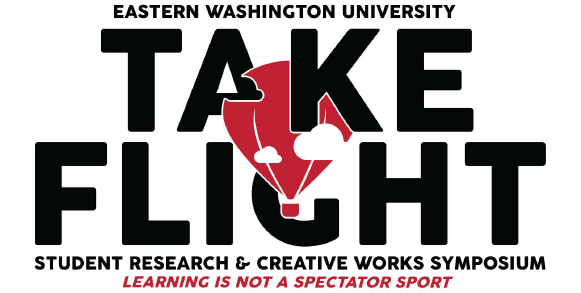Humanity’s Poetic Relationship with Reality: A Discourse on Ancient Allegory & the Relationship Between Poetry and Mythology
Faculty Mentor
Jonathan Johnson
Document Type
Oral Presentation
Start Date
10-5-2023 9:55 AM
End Date
10-5-2023 10:15 AM
Location
PUB 321
Department
Creative Writing
Abstract
Regardless of era, mankind has naturally taken toward expression, whether this was to imbibe caves with wildcraft inks and bestial forms or to later take to parchment and transcribe one’s own life experiences. Given this innate compulsion toward expression, what is mankind so compelled to express? By examining mythology’s role as a central vehicle of humanity’s historical expression, we can observe that humanity isn’t solely interested in expressing the tangible. That is to say, human expression isn’t satiated by mere mimicry of the material world. It would seem that expression itself is steeped in a healthy dose of that which is intangible or that of which isn’t immediately observable to the senses, the imaginative and the sublime, such attributes that we can readily find in poetry. Poetry as a medium allows mankind to share portraitures of their inner life; poetry itself was created because humans wish to share their realities with each other no matter how tenuous. The most ancient of all written works are poetic-spiritual works, such are the epic myths and cosmogonies, Gilgamesh, the Enuma Elish, The Odyssey, The Theogony, etc., allegorically rich and seeking to elucidate and reconcile the intangible inner world and the tangible outer world; consequently, this work investigates humanity’s fascination with expressing this intangible aspect. With this, we will approach these ancient stories with a mind for the inner allegory. This aim will provide us with ways to revitalize contemporary art with the lost art of ancient allegory. Lastly, and perhaps most importantly, in observing this trajectory, what does this tell us about humanity’s relationship with reality?
Recommended Citation
Dahlin, Connor, "Humanity’s Poetic Relationship with Reality: A Discourse on Ancient Allegory & the Relationship Between Poetry and Mythology" (2023). 2023 Symposium. 2.
https://dc.ewu.edu/srcw_2023/res_2023/os3_2023/2
Creative Commons License

This work is licensed under a Creative Commons Attribution-NonCommercial-No Derivative Works 4.0 International License.
Humanity’s Poetic Relationship with Reality: A Discourse on Ancient Allegory & the Relationship Between Poetry and Mythology
PUB 321
Regardless of era, mankind has naturally taken toward expression, whether this was to imbibe caves with wildcraft inks and bestial forms or to later take to parchment and transcribe one’s own life experiences. Given this innate compulsion toward expression, what is mankind so compelled to express? By examining mythology’s role as a central vehicle of humanity’s historical expression, we can observe that humanity isn’t solely interested in expressing the tangible. That is to say, human expression isn’t satiated by mere mimicry of the material world. It would seem that expression itself is steeped in a healthy dose of that which is intangible or that of which isn’t immediately observable to the senses, the imaginative and the sublime, such attributes that we can readily find in poetry. Poetry as a medium allows mankind to share portraitures of their inner life; poetry itself was created because humans wish to share their realities with each other no matter how tenuous. The most ancient of all written works are poetic-spiritual works, such are the epic myths and cosmogonies, Gilgamesh, the Enuma Elish, The Odyssey, The Theogony, etc., allegorically rich and seeking to elucidate and reconcile the intangible inner world and the tangible outer world; consequently, this work investigates humanity’s fascination with expressing this intangible aspect. With this, we will approach these ancient stories with a mind for the inner allegory. This aim will provide us with ways to revitalize contemporary art with the lost art of ancient allegory. Lastly, and perhaps most importantly, in observing this trajectory, what does this tell us about humanity’s relationship with reality?



